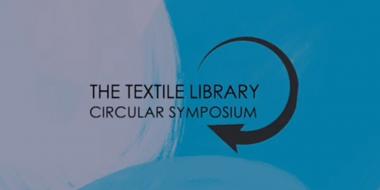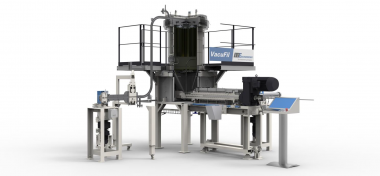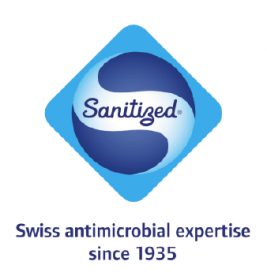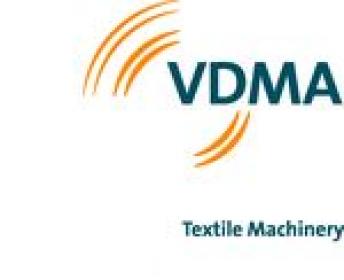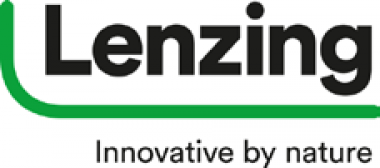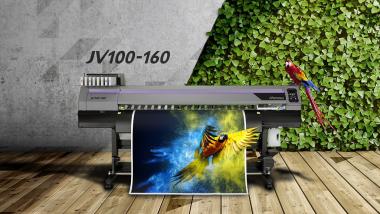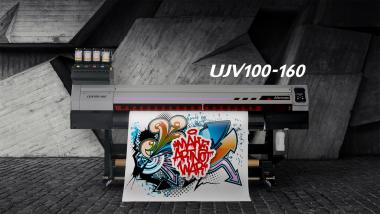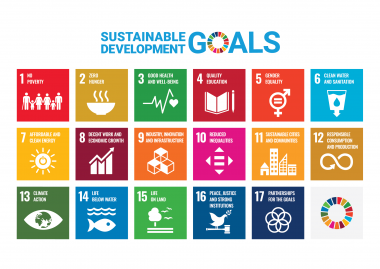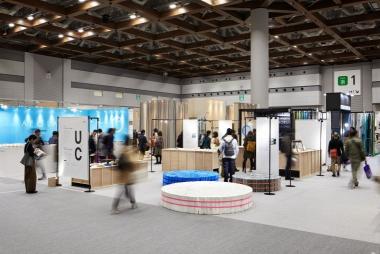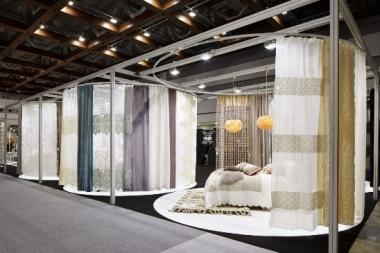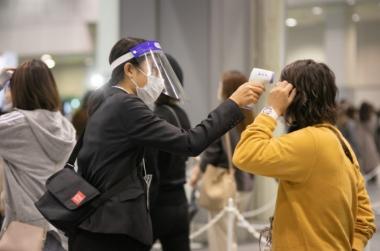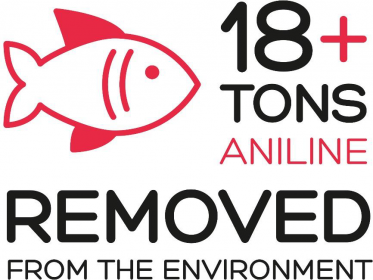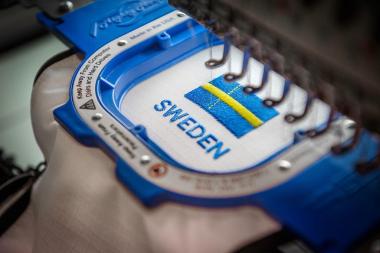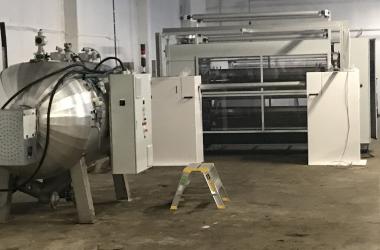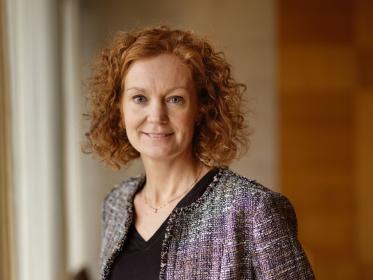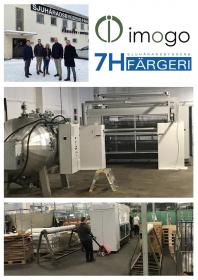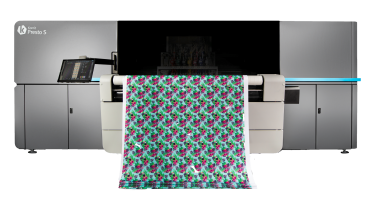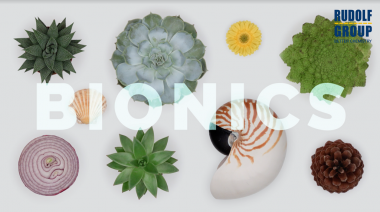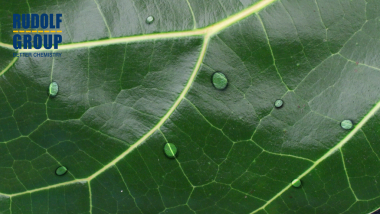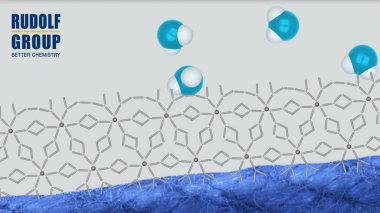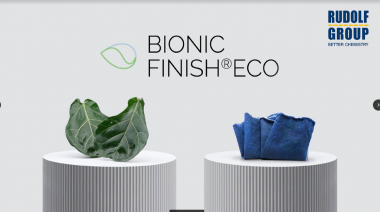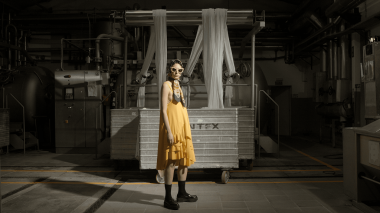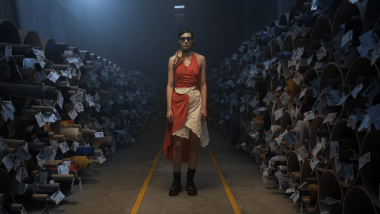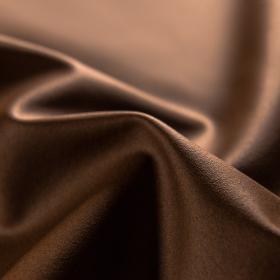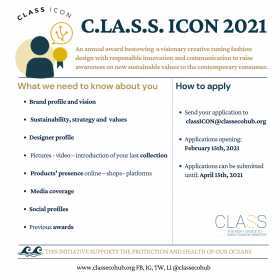C.L.A.S.S.: THE TEXTILE LIBRARY CIRCULAR SYMPOSIUM
How to recognize truly sustainable fashion? How can responsible recycling of garments and fabrics - as well as new formulas for circular economy - make a difference in fighting the climate emergency? These are just some of the topics addressed during THE TEXTILE LIBRARY CIRCULAR SYMPOSIUM, the open-ended program of virtual meetings with some of the most influential fashion and sustainability experts organized by the Museo del Tessuto di Prato in collaboration with C.L.A.S.S. ecohub.
The museum and the international platform that creates awareness and supports professionals who believe in fashion and sustainable textiles have joined forces to talk not only to fashion enthusiasts but to everyone, and explore a hot and often underestimated topic that involves everyday life. The series of meetings deepens and complements the new section entirely dedicated to circular textiles in the museum's Textile Library.
Like a real symposium, THE TEXTILE LIBRARY CIRCULAR SYMPOSIUM is a conversation arena involving 10 game changers who have been able to innovate not only with high-tech and responsible products and materials but also with new formulas, business models and production systems that respect the planet and people. Among the speakers of the cycle, visionary innovators who generate change at all levels: from the entire production system and beyond to retailers, leading international brands, research companies and communication experts, all the way to the final consumer.
The first appointment is Wednesday, May 13 at 5 pm CEST with the talk THE SUSTAINABLE PERSPECTIVE. True sustainable fashion is a choral and capillary system in which every actor plays a fundamental role. During the meeting, professionals from different fields, from cultural institutions to industrial production, from marketing to retail, will share their perspective on sustainability.
Recycling is the key word in THE SECOND CHANCE, the second meeting scheduled for June 10 h. 5 p.m CEST.
On September 29, also at 5 p.m. CEST, appointment for the talk A TICKET TO FASHION... AND BACK entirely dedicated to the new models of circular economy.
You can register here.
CLASS Creativity Lifestyle and Sustainable Synergy Textile and clothing industry Sustainability Webtalk
C.L.A.S.S. / GB Network Marketing & Communication


